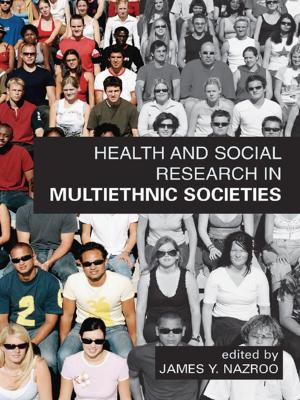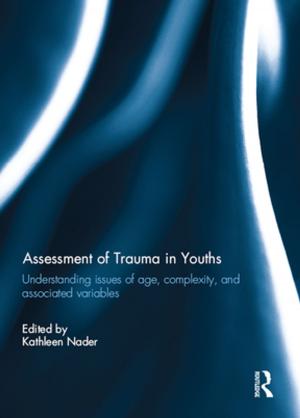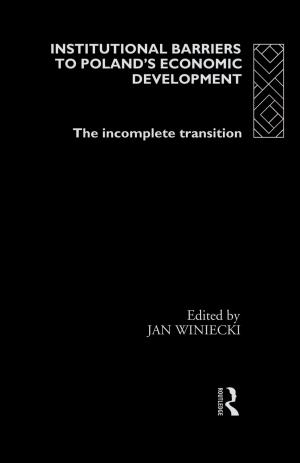The Good Enough Manager
The Making of a GEM
Business & Finance, Management & Leadership, Management, Human Resources & Personnel Management| Author: | Aaron J. Nurick | ISBN: | 9781136598203 |
| Publisher: | Taylor and Francis | Publication: | April 23, 2012 |
| Imprint: | Routledge | Language: | English |
| Author: | Aaron J. Nurick |
| ISBN: | 9781136598203 |
| Publisher: | Taylor and Francis |
| Publication: | April 23, 2012 |
| Imprint: | Routledge |
| Language: | English |
The central questions of this book are: How do the best managers behave? What sets them apart from their peers? What impact do they have on their subordinates and co-workers? The theme and organizing idea of the book is the good enough manager ® or GEM. The concept is based on the psychological theory of the good enough mother who provides an environment where an infant learns to develop an autonomous and genuine self. She does this by responding with empathy and adapting her behavior, completely meeting the child’s needs in the beginning and then gradually letting go, allowing more autonomy and room for the child to add something uniquely his own to the relationship. This book is based on a primary principle: Just as there is no such thing as a perfect parent, managing people in organizations is an inherently human and fallible endeavor, mainly because managing occurs by and through human relationships. Through the words of over 1000 study respondents, GEMs are shown to be mentors and teachers, relationship builders, and models of integrity for their workers. Each of these themes is explored, making connections to the "right brain" thinking of artists and other creative professionals, managing with emotional intelligence, and historical ideas about management and leadership as adaptive human processes.
The central questions of this book are: How do the best managers behave? What sets them apart from their peers? What impact do they have on their subordinates and co-workers? The theme and organizing idea of the book is the good enough manager ® or GEM. The concept is based on the psychological theory of the good enough mother who provides an environment where an infant learns to develop an autonomous and genuine self. She does this by responding with empathy and adapting her behavior, completely meeting the child’s needs in the beginning and then gradually letting go, allowing more autonomy and room for the child to add something uniquely his own to the relationship. This book is based on a primary principle: Just as there is no such thing as a perfect parent, managing people in organizations is an inherently human and fallible endeavor, mainly because managing occurs by and through human relationships. Through the words of over 1000 study respondents, GEMs are shown to be mentors and teachers, relationship builders, and models of integrity for their workers. Each of these themes is explored, making connections to the "right brain" thinking of artists and other creative professionals, managing with emotional intelligence, and historical ideas about management and leadership as adaptive human processes.















